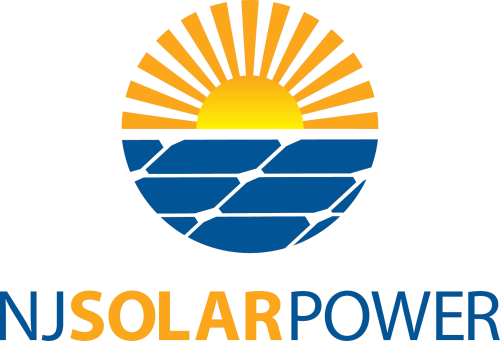How you pay for your solar panels is one of the most important decisions you’ll make during your installation. There are several purchasing options, all with their own benefits, and your decision will impact how much money you make off your investment in residential solar panels.
How to Pay for Solar Panels
When it comes to payment options, installing solar panels is a lot like buying a car:
- If you have the funds readily available, you can buy your solar panels outright with a cash purchase.
- You can take out a solar loan (usually for $0 down) and spread your payments out over time.
- You can sign a solar lease or power purchase agreement (PPA) and use solar power without owning your solar panel system.
Cash Purchase
Buying your solar panels in cash is the best option if you have the funds available. With a cash purchase, you don’t have to worry about interest or extra fees, and because you own the system, you’ll be eligible for tax incentives, like the 30% federal solar tax credit. A cash purchase is the most cost-effective payment option and will result in the highest return on your investment.
- Highest return on investment
- No interest or fees
- Qualify for tax incentives
Solar Loan
If you can’t or don’t want to pay for your solar panels upfront, a solar loan is also a great option. With the right loan, you can go solar for $0 down and be cash flow positive on day one with fixed monthly loan payments that are lower than what you currently pay for electricity. When you finance your solar panels with a loan, you will own your system and therefore be eligible for tax incentives, like the 30% federal solar tax credit.
- No or low upfront costs
- Cash flow positive from day one
- Qualify for tax incentives
Solar Lease / PPA
The terms “solar lease” and “solar power purchase agreement” (PPA) are often used interchangeably, but they don’t mean the same thing.
- When you sign a solar lease, a leasing company pays for your solar installation and you pay a monthly fee to use the solar panels. Solar leases are more common for residential solar installations in New Jersey.
- When you sign a PPA, a leasing company pays for your solar installation and you buy the power the system produces at a set cost per kWh. PPAs are more common for commercial solar installations in New Jersey.
There are pros and cons to signing a solar lease agreement. A solar lease has less upfront costs than a cash purchase, but it also has downsides. When you lease your solar panels, you will have a monthly payment for the entire duration of the lease, which means your electricity costs never go away and your return on investment is much lower. You will also be ineligible for tax incentives since you don’t own your solar panels.
- No or low upfront costs
- Lowest return on investment
- Ineligible for tax incentives
Solar leases can be a good option if you can’t or don’t want to pay for your solar panels upfront. But you should be extra careful when shopping for a solar lease. Many solar companies pay their salesmen a higher commission when they get customers to sign up for a lease, motivating them to push you toward a lease even if it isn’t in your best interest. Our salesmen make the same commission no matter how you finance your installation because we want to do the right thing for our customers in every sale.
Find the Best Payment Option for Your New Jersey Solar Panel Installation
NJ Solar Power helps New Jersey homeowners make money with solar panels! We’ve been in business for over 20 years and have installed thousands of solar energy systems that generate a profit for our customers every single day. We can help you compare your return on investment with the various solar payment options and recommend the best fit for your goals and budget.
